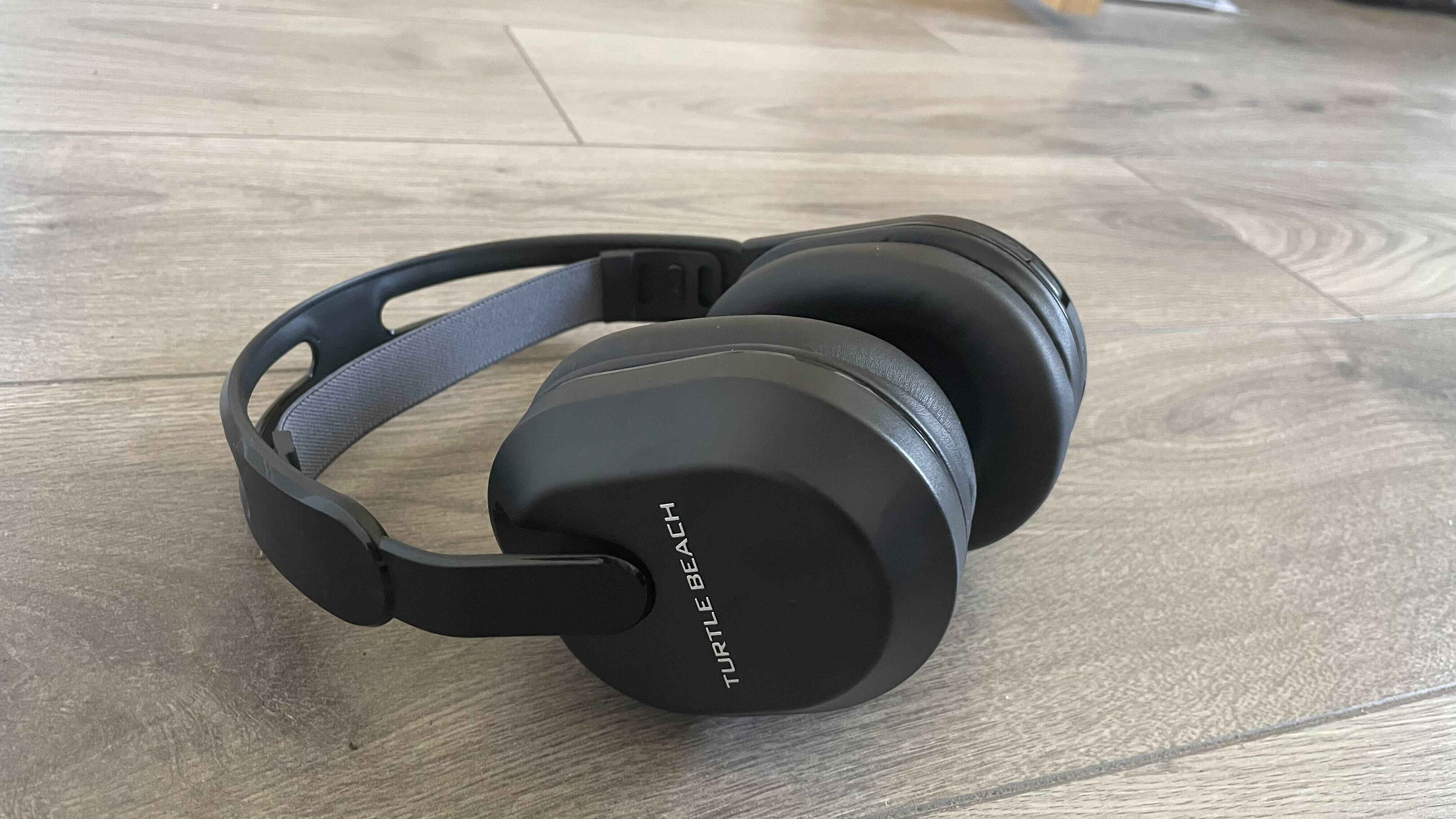
Turtle Beach Stealth 500: One-minute review
The Turtle Beach Stealth 500 Wireless Headset is the next addition to the already well-established Stealth series. Compatible with PlayStation, PC, Nintendo Switch, and both Android and iOS mobile devices, this versatile wireless headset is easy to set up and boasts a decent build quality, alongside clear audio regardless of what you're playing. Going into a market oversaturated with budget-friendly wireless headsets, you'd think the Stealth 500 has a lot to prove, but the number of features alongside its lasting comfort mark it as a worthwhile purchase.
For example, its 40-hour battery life is immediately appealing to someone looking to avoid the frequent tether of a wire. Paired with its extensive sound profile, you'll be able to tune in to all the slightest noises during your session, whether that's distant enemy footsteps in Escape from Tarkov or the bustling sounds of Night City in Cyberpunk 2077.
I don't know about you, but when I'm trying to immerse myself into an epic open-world title like Red Dead Redemption 2, I want whatever I can to drown out every sound from the outside world. I've been testing the Stealth 500 for around 50 hours, and I've been consistently surprised by the quality of audio which comes as a surprise for a budget-leaning wireless headset. Compared to a product at a similar price point like the JBL Quantum 360X, there's a noticeable upgrade in comfort due to its plush earcups, so hours of gaming can slip by practically unnoticed.
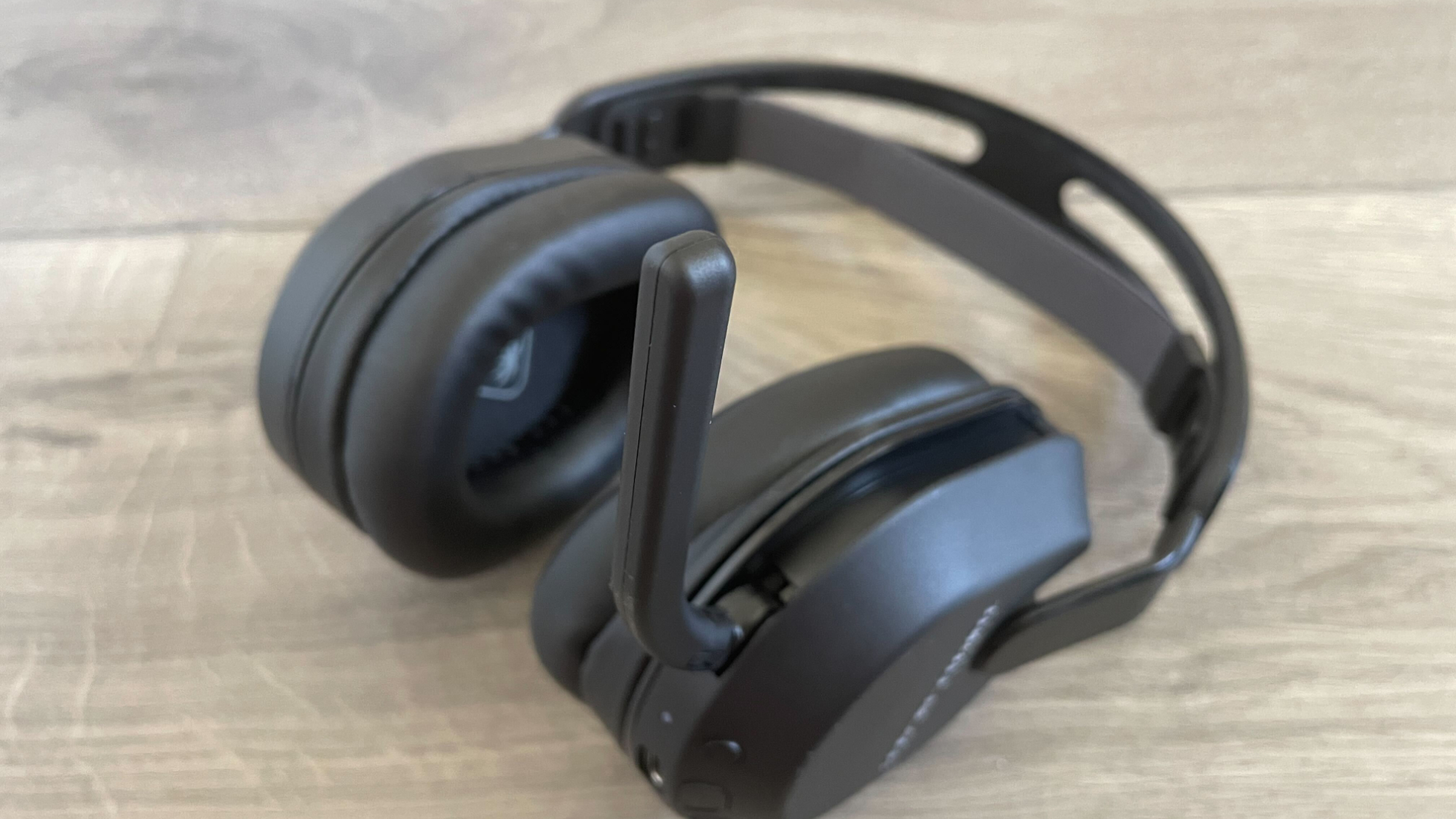
Turtle Beach Stealth 500: Price and availability
- $79.99 / £79.99 / AU$139
The Turtle Beach Stealth 500 wireless headset launched on May 19, 2024, so it's a fairly new addition to the brand's line of gaming peripherals. Costing $79.99 / £79.99 / AU$139 this headset is far from a premium product. But, even though it does sit on the more affordable end of the scale, compared to products within the same price bracket such as the Xbox Wireless Headset there is a lot on offer to set it apart.
The most notable feature for me, and what justifies the price, is the audio presets available via the Swarm II app that helps customize your listening to your gaming experience. These presets alter the sound profile to emphasize certain parts of games, such as the Superhuman hearing setting which increases the volume of things like footsteps or gunshots, or the Signature Sound setting which offers the best all-around sound profile for the headset. While not essential, they’re an extra flair that most of the budget-friendly headsets I've tested don’t offer.
Even in comparison to slightly more expensive wireless headsets, such as the HyperX Cloud III, the Stealth 500 is comparable in terms of battery life and build quality - especially given its price point. Its 40-hour battery life offers double the time of the Razer Blackshark V2 Pro which costs slightly under double the Stealth. So if you're not quite ready to invest in the more expensive side of some of the best wireless headsets, this is a fantastic alternative.
Turtle Beach Stealth 500: Specs
Turtle Beach Stealth 500: Design and features
- In-built flip-to-mute microphone
- Floating headband
- Cheap-feeling buttons and scroll wheels
The Turtle Beach Stealth 500 is built for comfort, and it certainly delivers. I find a lot of budget-friendly wireless headsets cut corners in the quality of their build to accommodate a cheaper price tag, so I was pleasantly surprised by the Stealth 500 for the most part. The floating headband is a far more comfortable addition than a cushioned plastic headband which you'd see on headsets like the PDP REALMz wired headset or the JBL 910X wireless headset, and the ear cups are made from soft memory foam rather than the rustly, plastic material I’m used to dealing with on cheaper headsets.
The mic folds nicely into the earcup which is a solid addition rather than being static on the side of the cup, or detachable like the Turtle Beach Atlas Air. Being able to keep the microphone tucked out of the way into the earcup rather than alongside is a welcome feature and something I've only seen on more expensive headsets. Plus, being able to quickly pull the mic down when you're jumping into a call rather than scrambling to find it is a huge timesaver. Moving the microphone up will also mute your output which is far more convenient than tabbing between your call and game to manually mute yourself.
But even with the convenience of its mic and the vast majority of the build is promising, there are still some flaws in the design of the Stealth 500. Most notably, the buttons on each earcup and the scroll wheels are made from a much cheaper-feeling plastic than the rest of the headset. There's a lot of movement from buttons before pushed and activated, and the scroll wheels move so freely that it's hard to fine-tune your volume without using the desktop audio mixer. With that said, the buttons are well-spaced, though, rather than being crammed together and making it difficult to use.
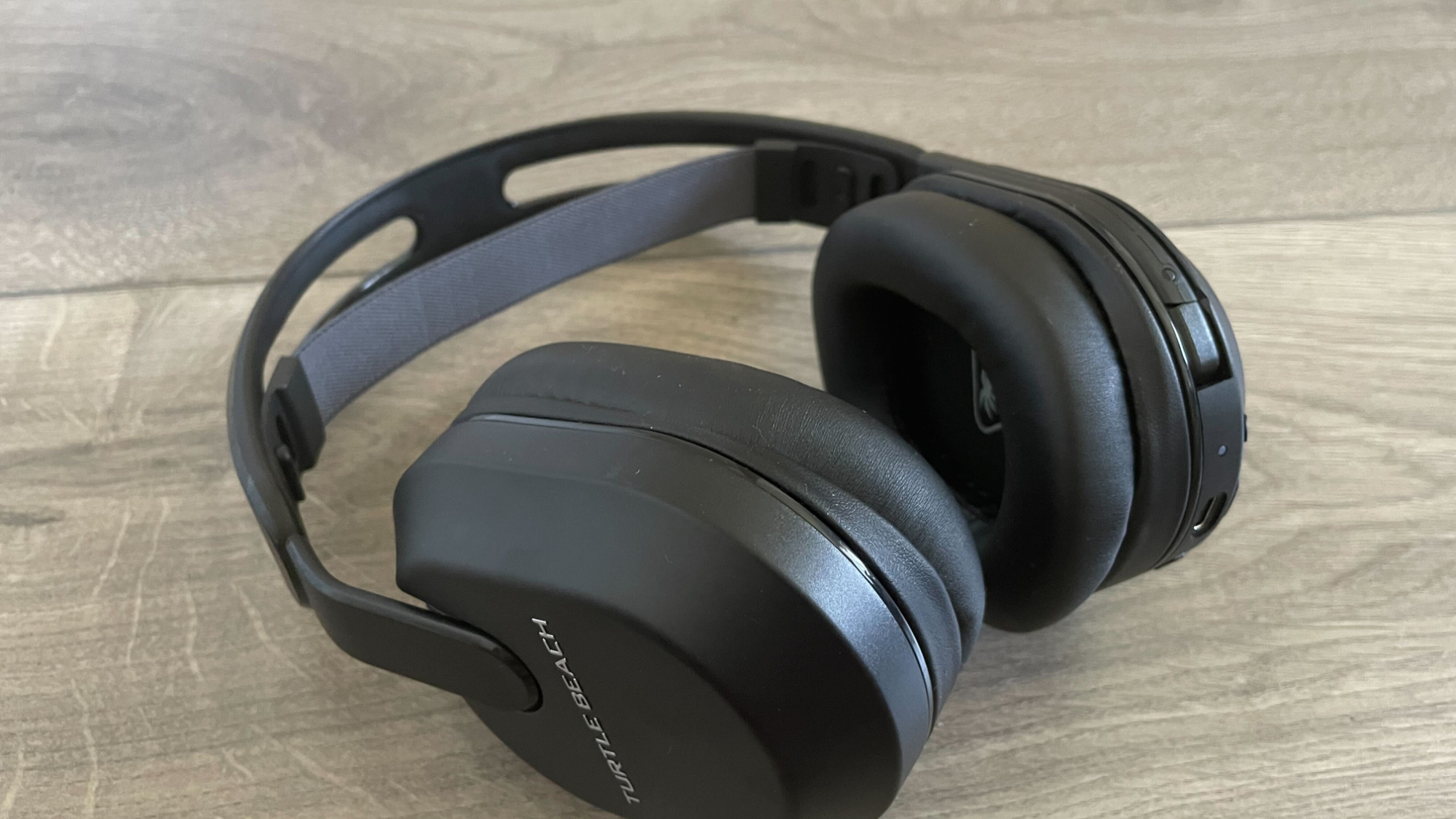
Turtle Beach Stealth 500: Performance
- Powerful spatial audio
- Variable mic monitoring
- Audible hiss with no audio playing
There's a lot to praise about the audio quality and performance of the Stealth 500. It's capable of picking up on a wide dynamic range regardless of what you're playing, which helps put you in the center of the action. The 40mm drivers help provide powerful spatial audio, which is supported by the Superhuman audio setting. If you're an avid FPS player in particular, or if you're a horror fanatic looking for a headset to heighten the tension, then the Stealth 500 fits the bill. You'll hear every whisper and footstep with the Superhuman setting which will help you react in ample time.
Premade audio profiles available through the Swarm II app also help to make the quality of your experience better. These profiles can be customized to perfectly suit what you're playing, and frankly, I think it's an impressive addition for a budget-friendly headset. This feature is something I'd expect to be available for the best wireless headsets rather than a cheaper set like the Stealth 500, and they are worth making the most of since they’re so readily available.
One of the notable downsides of the headset is the audible hiss present once the headset is connected, but no audio is playing. This isn't the first time I've noticed this with a cheaper wireless headset, but it does reduce the quality of the product slightly. It thankfully does drown out when something is playing, so it's not something you'll have to worry about whenever in use, at least.
The mic quality is also good. It's not groundbreaking like I experienced on the Turtle Beach Atlas Air, but it's nothing to turn your nose up at. It's clear in a call, but quick to peak and cut out with loud noises. The lack of a muffler also makes the mic sensitive to plosives which is another case of audio levels peaking, but aside from that you're getting what you pay for.
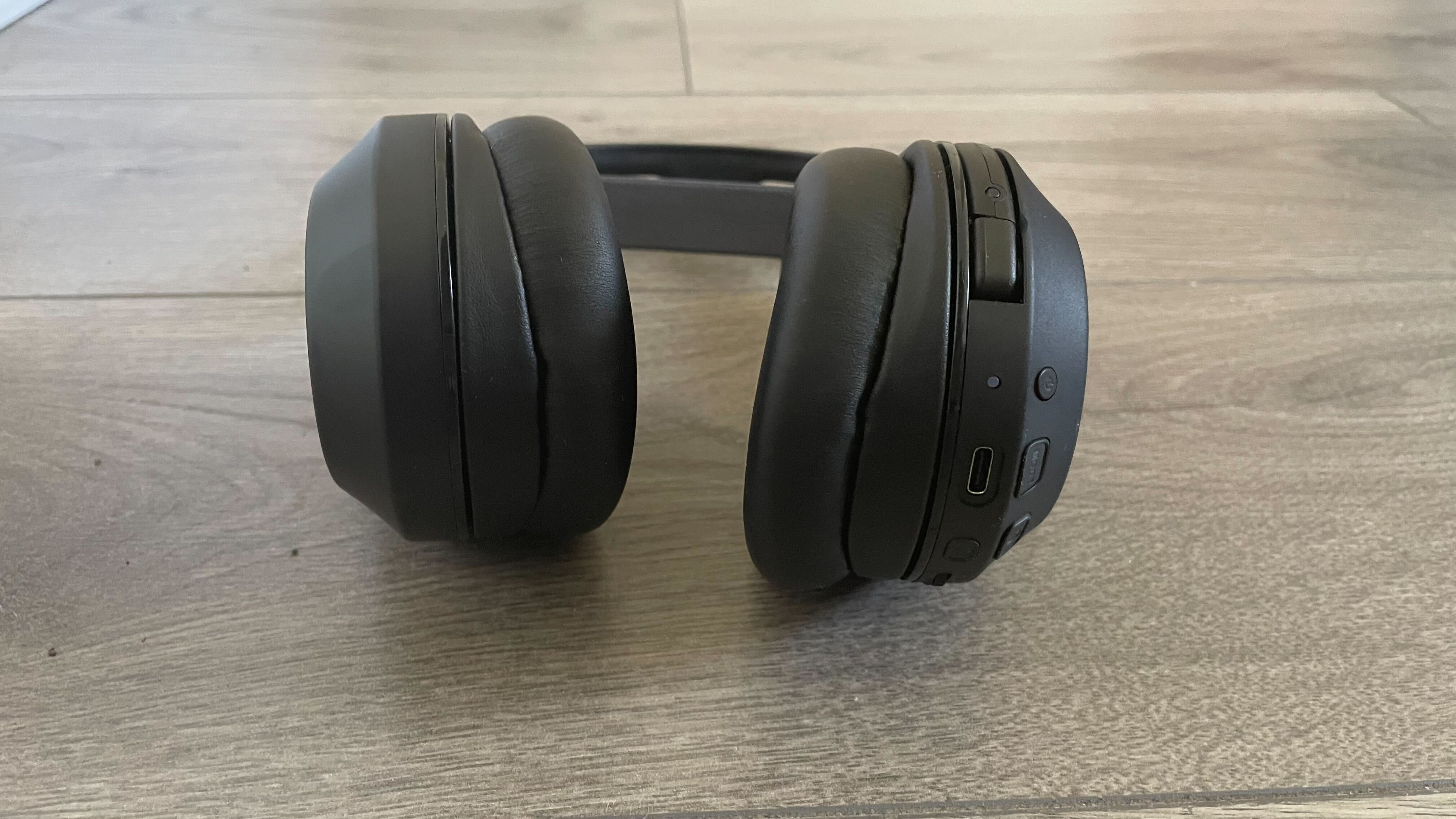
Should I buy the Turtle Beach Stealth 500?
Buy it if...
Don't buy it if...
Also consider...
Still not sold on the Turtle Beach 500? Here's how it stands against two similar budget-friendly cross-compatible wireless gaming headsets.
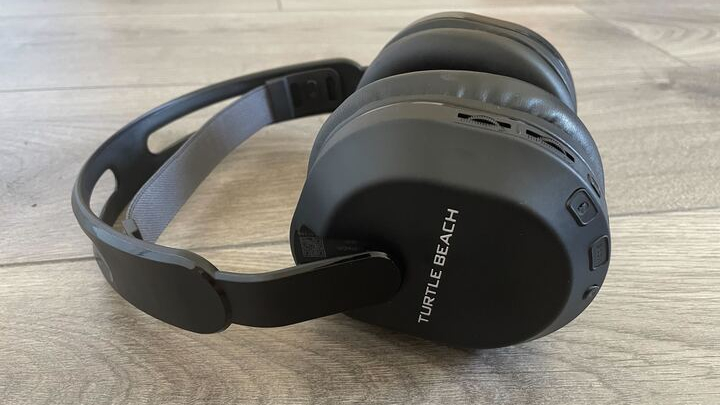
How I tested the Turtle Beach Stealth 500
- Tested for 50 hours
- Used with PC, Nintendo Switch, and PlayStation
- Compared to other wireless gaming headsets at a similar price
I tested the Turtle Beach Stealth 500 wireless headset for 50 hours across multiple platforms and were impressed with how easy it was to connect and use. On PC, I used the headset for Apex Legends and Risk of Rain 2, and an impressive spectrum of audio was showcased. Even the slightest sounds in the distance were picked up by the headset which made combat all the more exciting.
On Nintendo Switch, the music in games like Ooblets helped spotlight the capabilities of the headset outside of sound effects and also helped me appreciate elements of music we had missed when listening through speakers. The same can be said for Red Dead Redemption 2 on PlayStation. The Stealth 500 helped me pick up on more natural foley such as birdsong, which in turn helped me fill out the compendium in-game.
I also compared the headset to other budget-friendly headsets such as the JBL Quantum 360X, and more premium headsets like the Turtle Beach Atlas Air wireless headset.
First reviewed August 2024.







